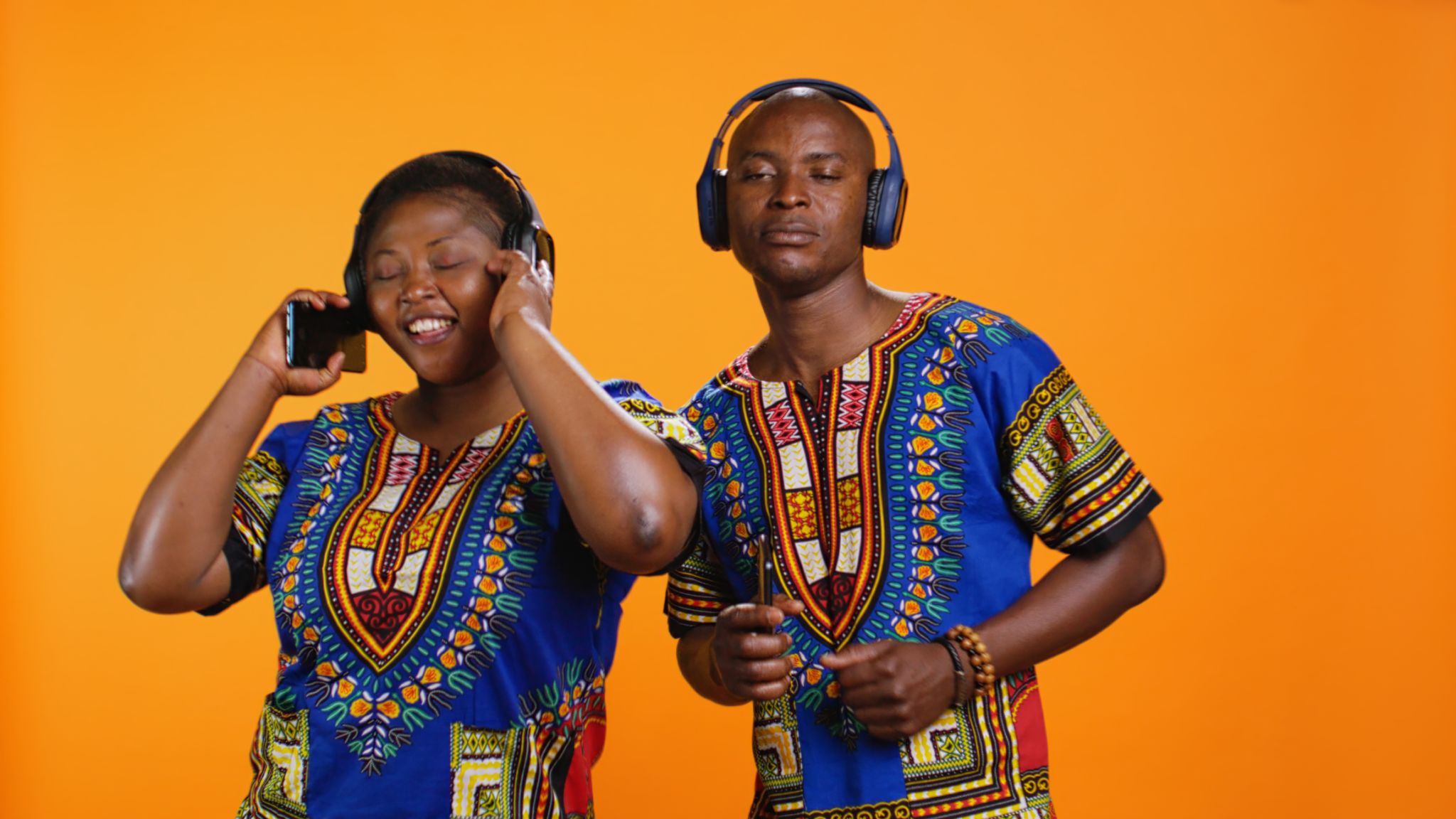Exploring the Soundscape: The Unique Rhythms of Afrohouse
Introduction to Afrohouse
Afrohouse is a vibrant and dynamic genre that has taken the global music scene by storm. Rooted in African musical traditions, Afrohouse combines traditional African rhythms with modern house beats, creating a unique sound that resonates with audiences worldwide. Its infectious energy and soulful melodies make it a favorite on dance floors across the globe.
Originating in the early 2000s, Afrohouse has evolved significantly, integrating influences from various African cultures and contemporary electronic music. This genre not only celebrates African heritage but also showcases its versatility and adaptability in a modern context.

The Rhythmic Foundation of Afrohouse
At the heart of Afrohouse is its distinctive rhythmic structure. African music is known for its rich and complex rhythms, often featuring polyrhythms and syncopation. Afrohouse artists skillfully weave these traditional elements into the fast-paced beats of house music, creating an engaging and immersive soundscape.
The rhythm in Afrohouse is not just a backdrop; it is the driving force that propels the music forward. The use of percussion instruments such as djembe, congas, and talking drums adds a layer of authenticity and depth to the tracks. These instruments provide a pulsating beat that encourages listeners to move and dance.
Evolution and Innovation
Afrohouse continues to evolve as artists experiment with new sounds and production techniques. This innovation is evident in the genre's growing popularity, as it embraces diverse influences while maintaining its African roots. Artists often incorporate elements of jazz, funk, and R&B, pushing the boundaries of what Afrohouse can be.

Influential Afrohouse Artists
Several artists have been instrumental in shaping the Afrohouse landscape. Their creativity and dedication have propelled the genre to new heights, attracting fans from all over the world. Some notable names include:
- Black Coffee: A South African DJ and producer known for his soulful, deep house tracks infused with African rhythms.
- Culoe De Song: An artist celebrated for his ability to blend traditional African sounds with modern electronic beats.
- Da Capo: Recognized for his unique style that combines melodic house with Afrocentric elements.
The Global Impact of Afrohouse
Afrohouse has transcended regional boundaries, becoming a global sensation. Its infectious beats and universal appeal have made it a staple in clubs and festivals worldwide. The genre's rise to prominence is a testament to its ability to connect with people from diverse cultural backgrounds.

Furthermore, Afrohouse serves as a platform for cultural exchange, allowing audiences to experience the richness of African music traditions. It fosters a sense of unity and appreciation for diversity, emphasizing the universal language of music.
The Future of Afrohouse
As Afrohouse continues to gain traction, its future looks promising. The genre's adaptability ensures that it will continue to evolve, incorporating new influences and reaching even broader audiences. Emerging artists are bringing fresh perspectives to the scene, ensuring that Afrohouse remains dynamic and relevant.
With its unique blend of tradition and innovation, Afrohouse is poised to remain a significant force in the global music industry. Its rhythms will continue to captivate listeners, inviting them to explore the rich tapestry of sounds that define this extraordinary genre.